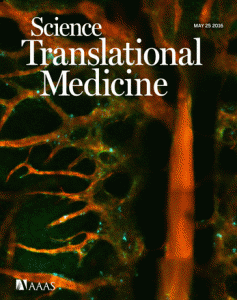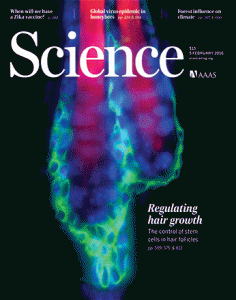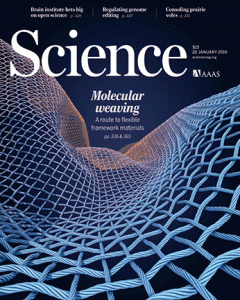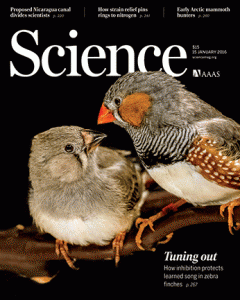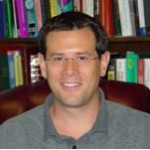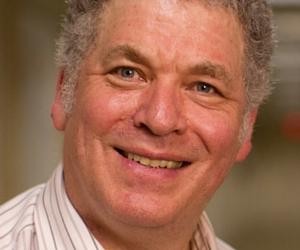
The former director of the National Institute of General Medical Sciences at the U.S. National Institutes of Health has a new job. On July 1st, biochemist Jeremy Berg will take the helm as the editor-in-chief of Science. He’s currently the associate senior vice chancellor for science strategy and planning in the health sciences at the University of Pittsburgh. We spoke to him about challenges he’ll be facing in his new role: treating science’s replication problem, boosting transparency, and making papers as widely available as possible.
You told us in an earlier conversation that diagnosing and treating science’s replication problem is major issue in publishing. Can you give us some specifics about how you plan to address it at Science? Continue reading How does Jeremy Berg plan to address reproducibility in Science?
